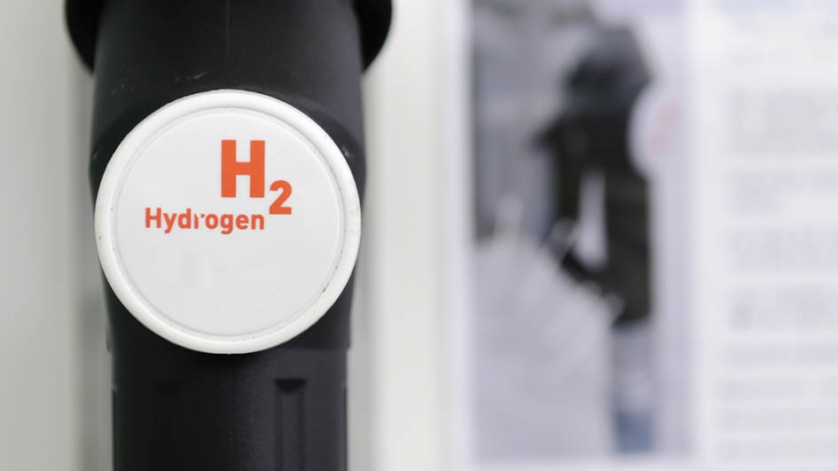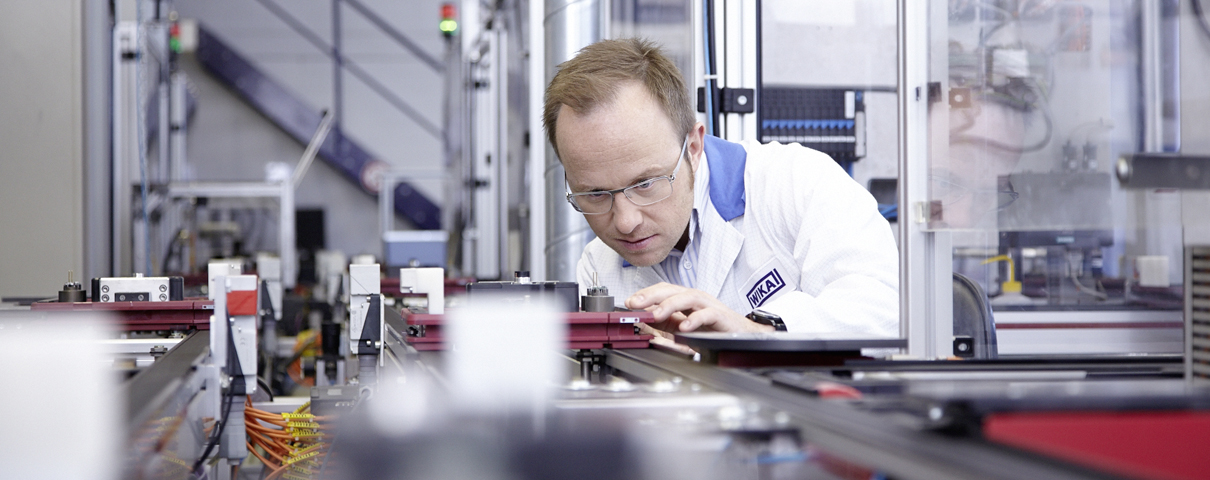
Components in a hydrogen-powered vehicle must have an application-specific safety approval, for which the European Union issued regulation EC79/2009. Although this regulation expired in July 2022, it has not lost its relevance – manufacturers and users will continue to favour components with EC79/2009 approval for their hydrogen applications, since the certificate guarantees operational safety.
In accordance with the European Green Deal, the EU is committed to being climate-neutral by 2050. To this end, by 2030, CO2 emissions are to be reduced by 55 % compared to 1990. Alternative vehicle propulsion systems, such as those powered by hydrogen, are one building block in this process. In order to take technical progress into account, it was therefore necessary to expand the legal framework. Regulation EC79/2009 was therefore introduced in the field of hydrogen mobility. In this regulation, the requirements for hydrogen-powered vehicles and systems within the EU were defined.
Accordingly, directive EC79/2009 specifies requirements for the following components for gaseous hydrogen:
1. Container
2. Automatic shut-off valve
3. Container assembly
4. Fittings
5. Flexible fuel line
6. Heat exchanger
7. Hydrogen filter
8. Manual or automatic valve
9. Check valve or non-return valve
10. Pressure regulator
11. Pressure relief device
12. Pressure relief valve
13. Refuelling connection or receptacle
14. Removable hydrogen storage system connector
15. Pressure, temperature, hydrogen and flow sensors (if used as a safety device)
16. Hydrogen leakage detection sensors
Expiry of regulation EC79/2009
As of 5 July 2022, regulation EC79/2009 has now been repealed by the EU through regulation EU2019/2144 and will thus cease to apply, with existing EC79 certificates retaining their validity. However, after this date, no new certificates will be issued on the basis of this directive.
Future regulation
For the regulation of future requirements, the validity of UN regulation no. 134 (UN ECE R134) is mentioned as a replacement. However, this does not cover components such as pressure or temperature sensors, but focuses on hydrogen containers, TPRDs (“thermally activated pressure relief devices”), automatic shut-off valves, non-return valves and sensors for detecting hydrogen leaks. Therefore, according to regulation EU2019/2144, it is alternatively still possible to test components not covered in UN ECE R134 in accordance with the requirements of EC79/2009 and thus demonstrate suitability for use in hydrogen-powered vehicles.
EC79/2009 continues to be the basis for mobile hydrogen applications
As long as components such as pressure and temperature sensors are not defined in any new regulation, WIKA will follow this path described in EU2019/2144 and continue to carry out tests based on EC79/2009. This means that our customers can continue to rely on products that have been developed and qualified in accordance with sound engineering practice.
Note
Both the MH-3-HY pressure sensor and the H2-232 mechanical measuring instrument have certification in accordance with EC79/2009 which continues to be valid, as described above. Further information on the subject of hydrogen and the model MH-3-HY can be found on the WIKA website. Should you have any questions, your contact will gladly help you.
Also read our posts
Hydrogen mobility: Clean engines of the future offer the same convenience as engines today
WIKA develops pressure sensors for hydrogen-powered vehicles

